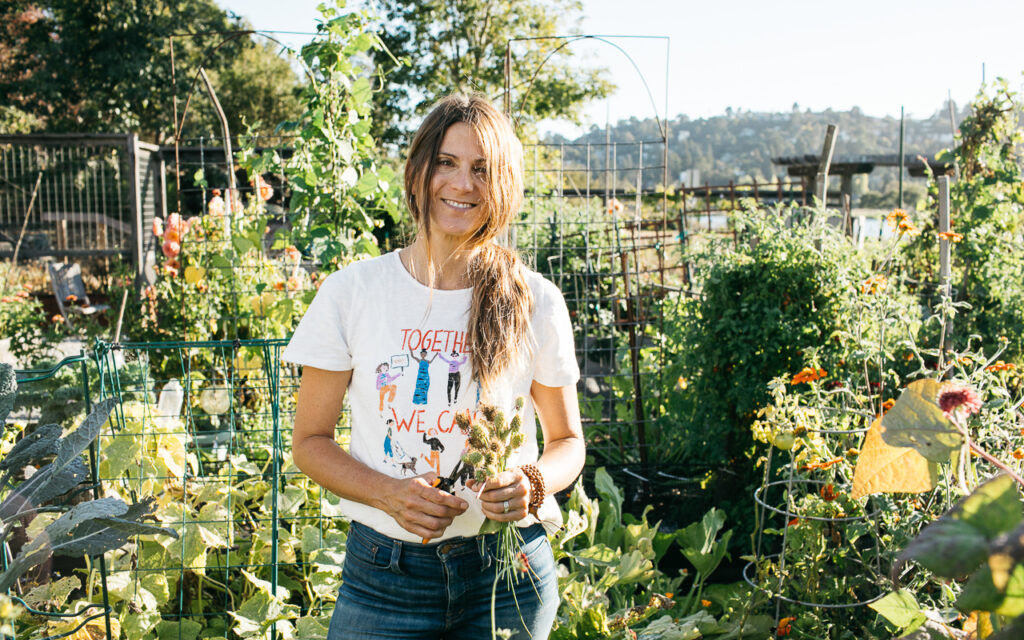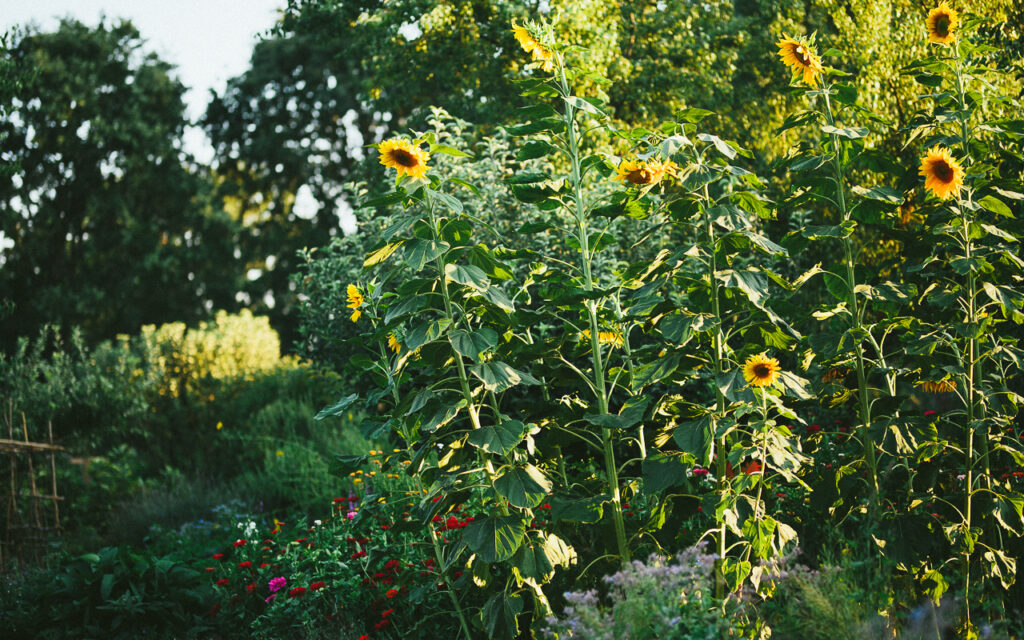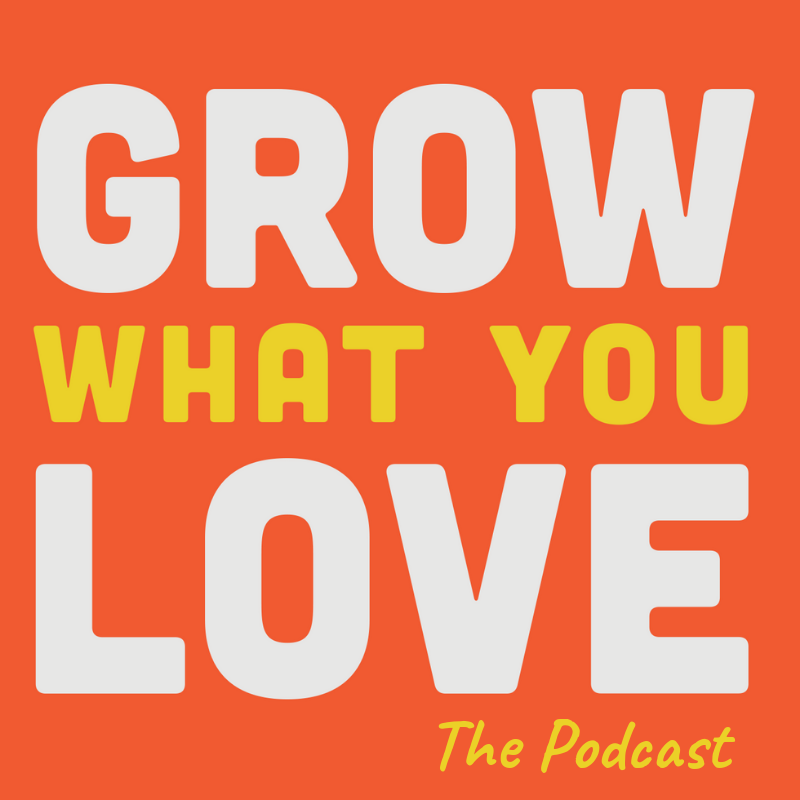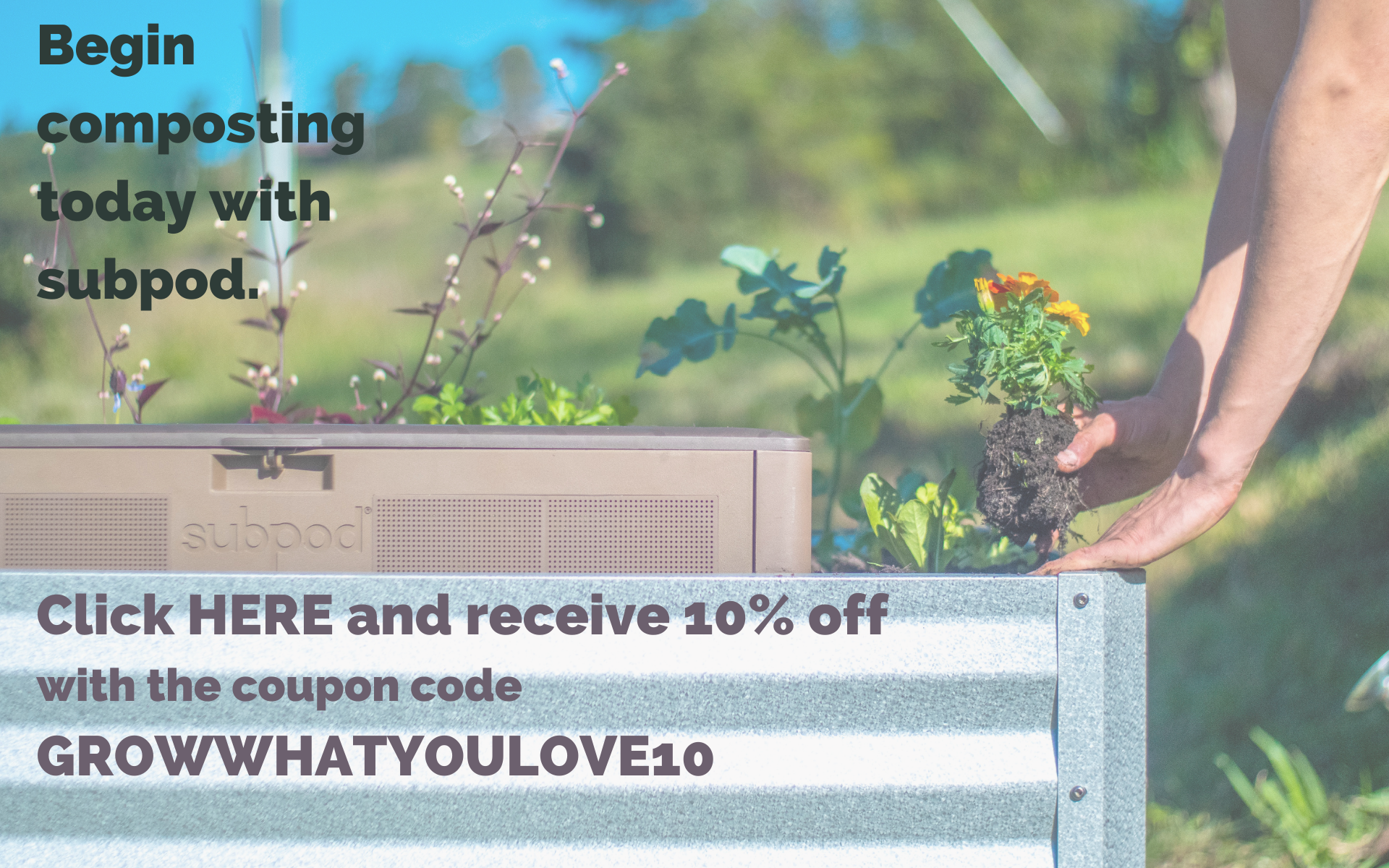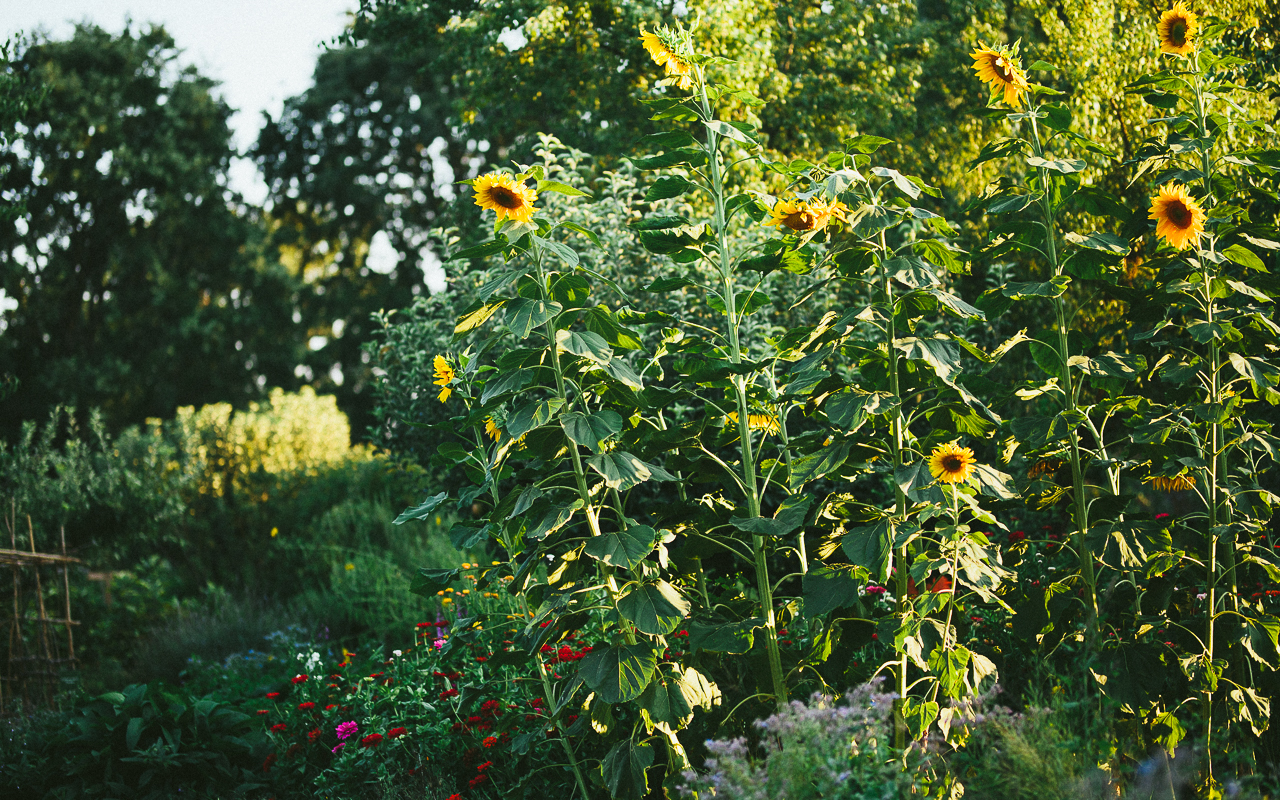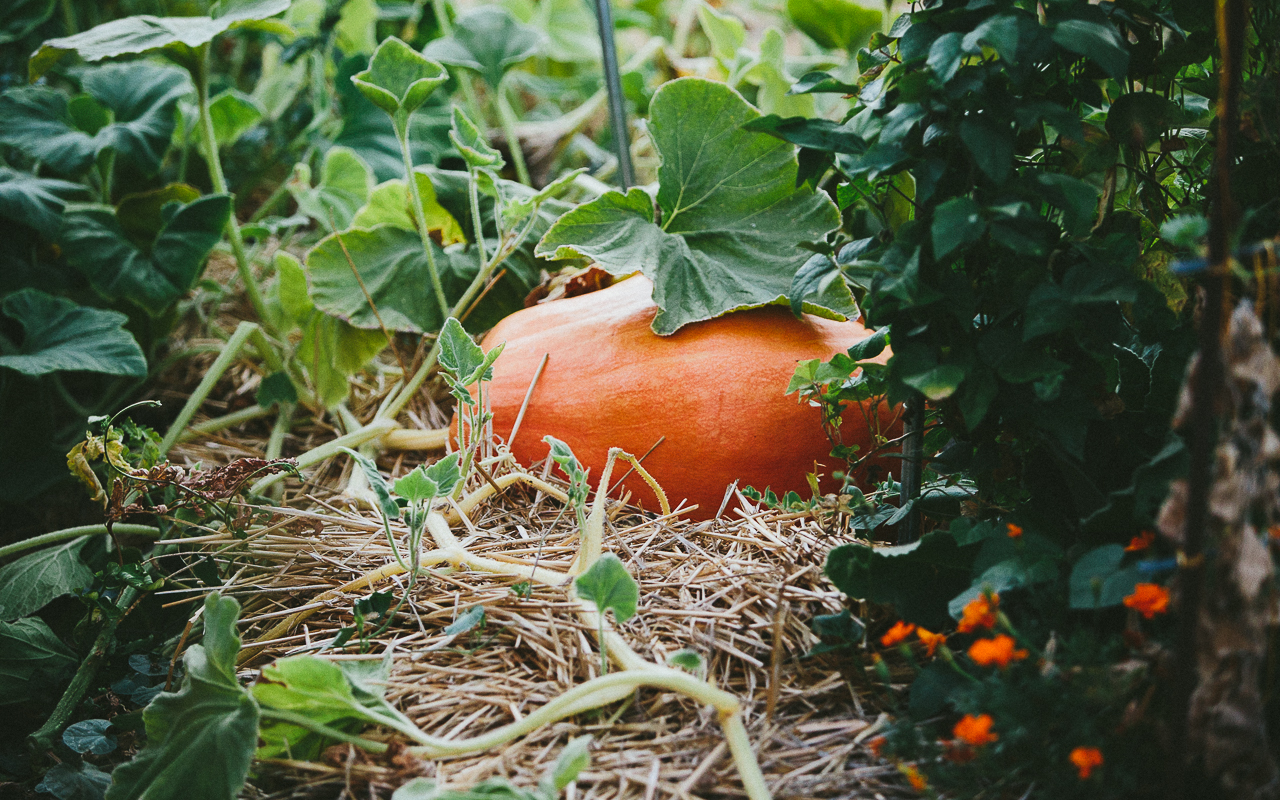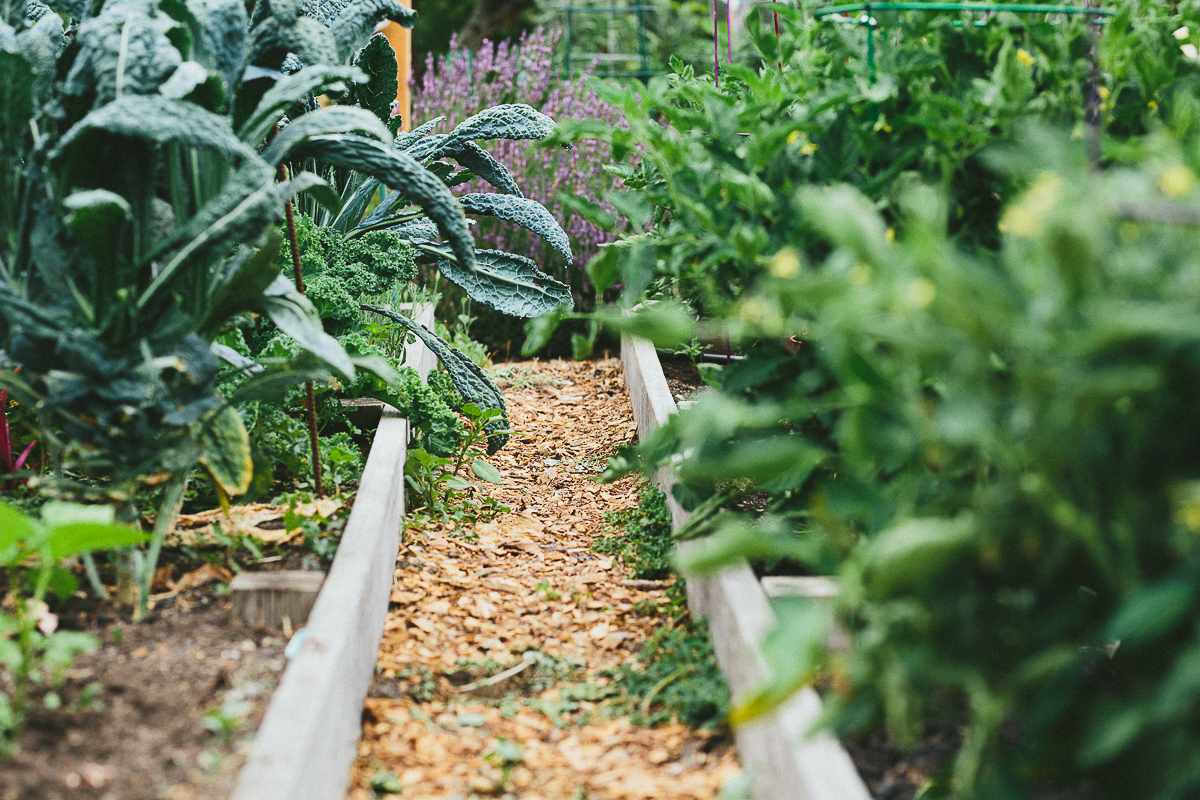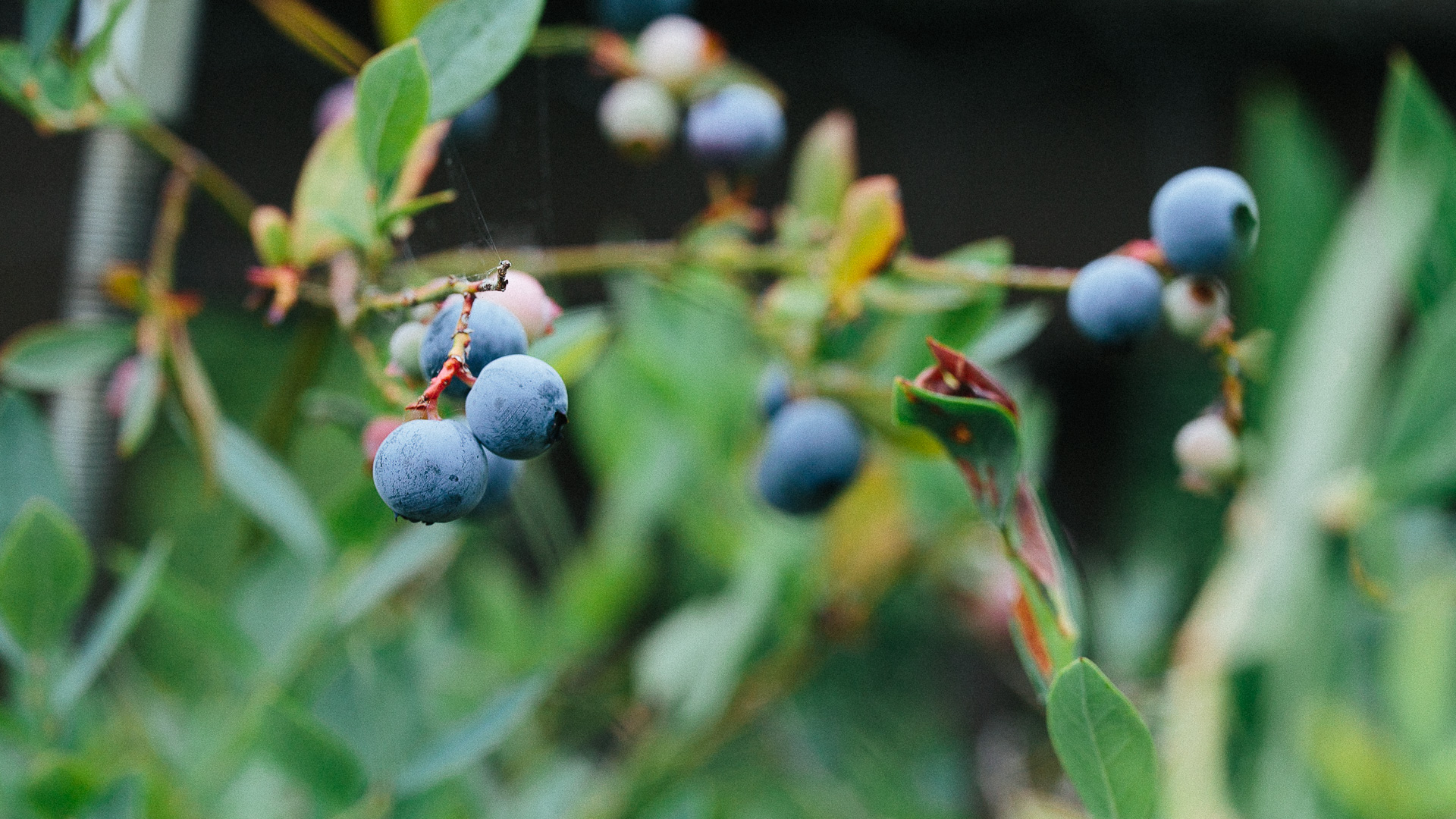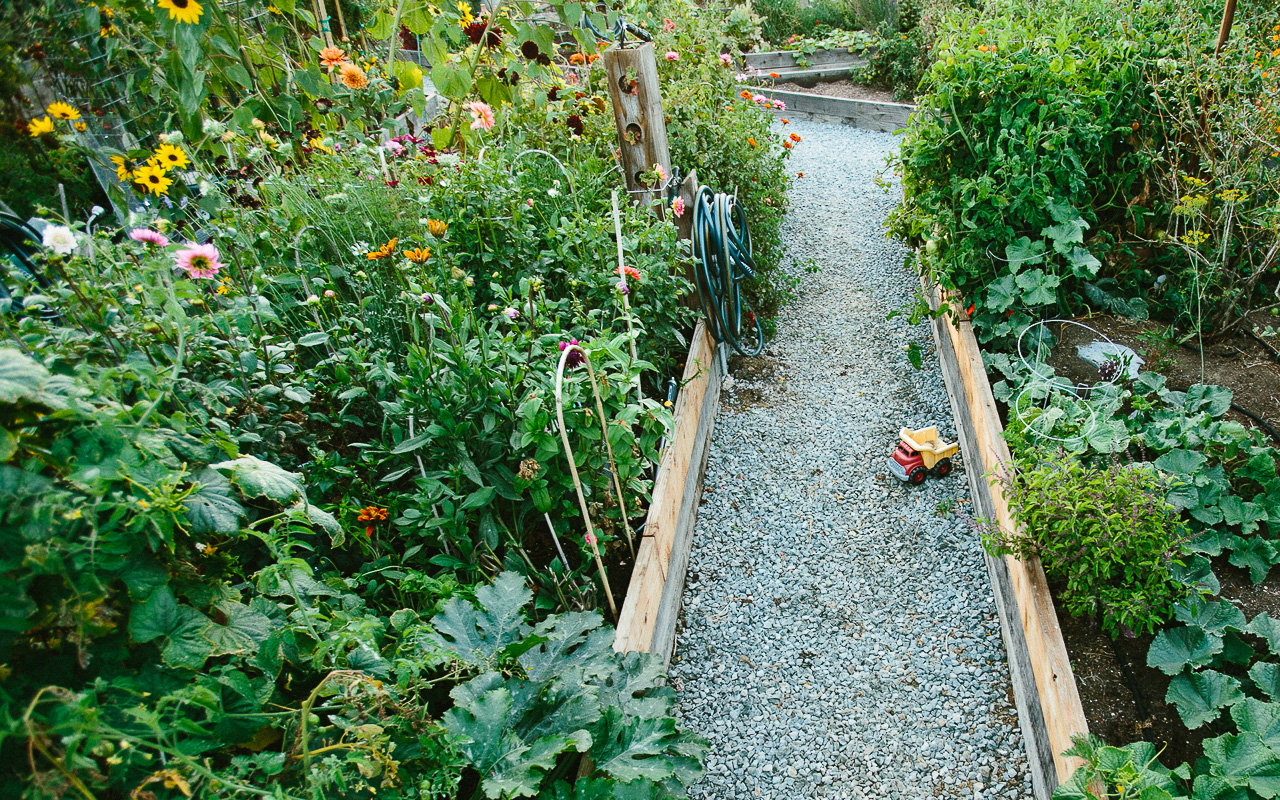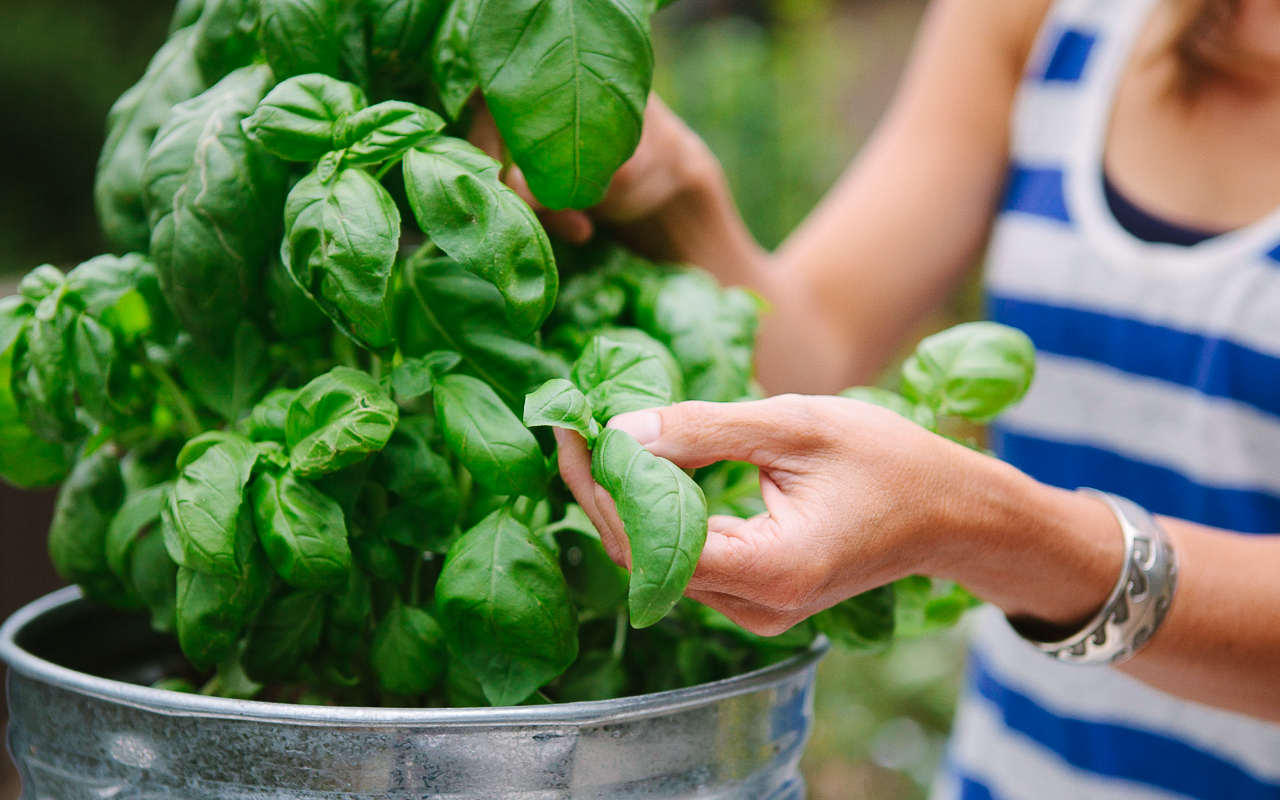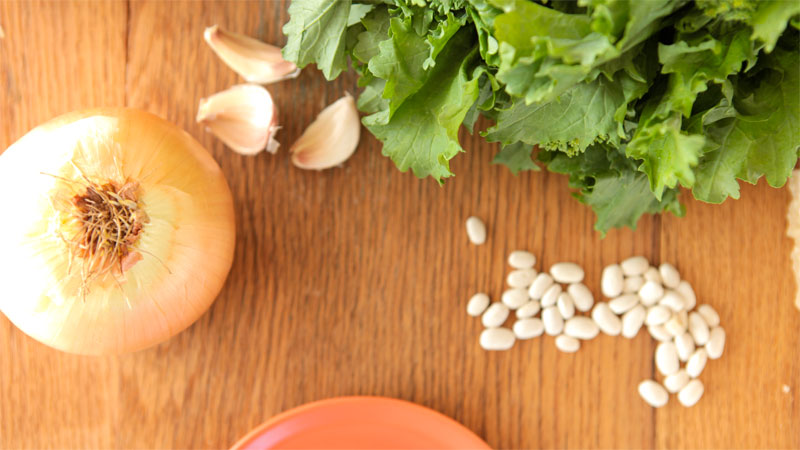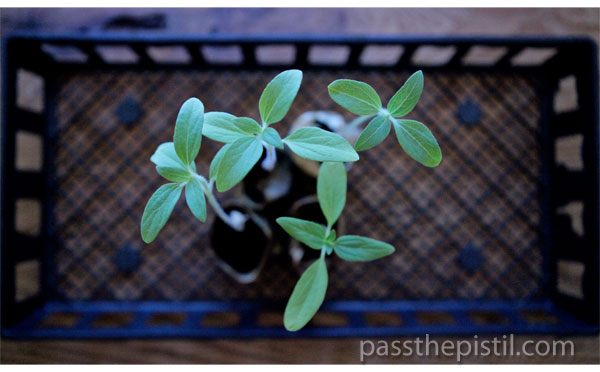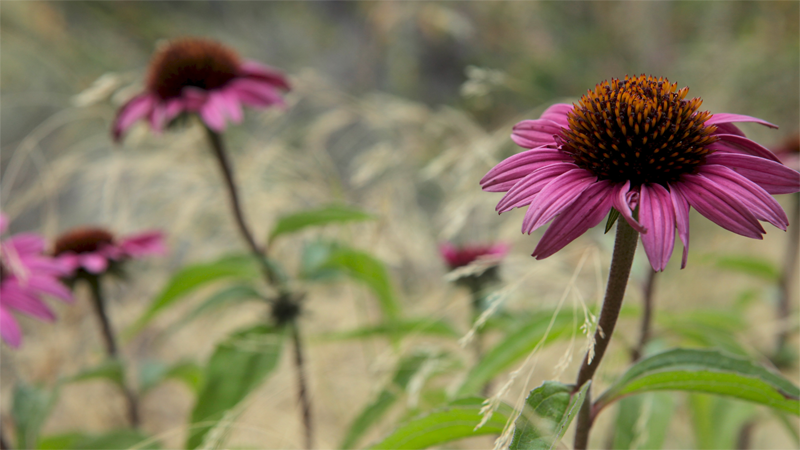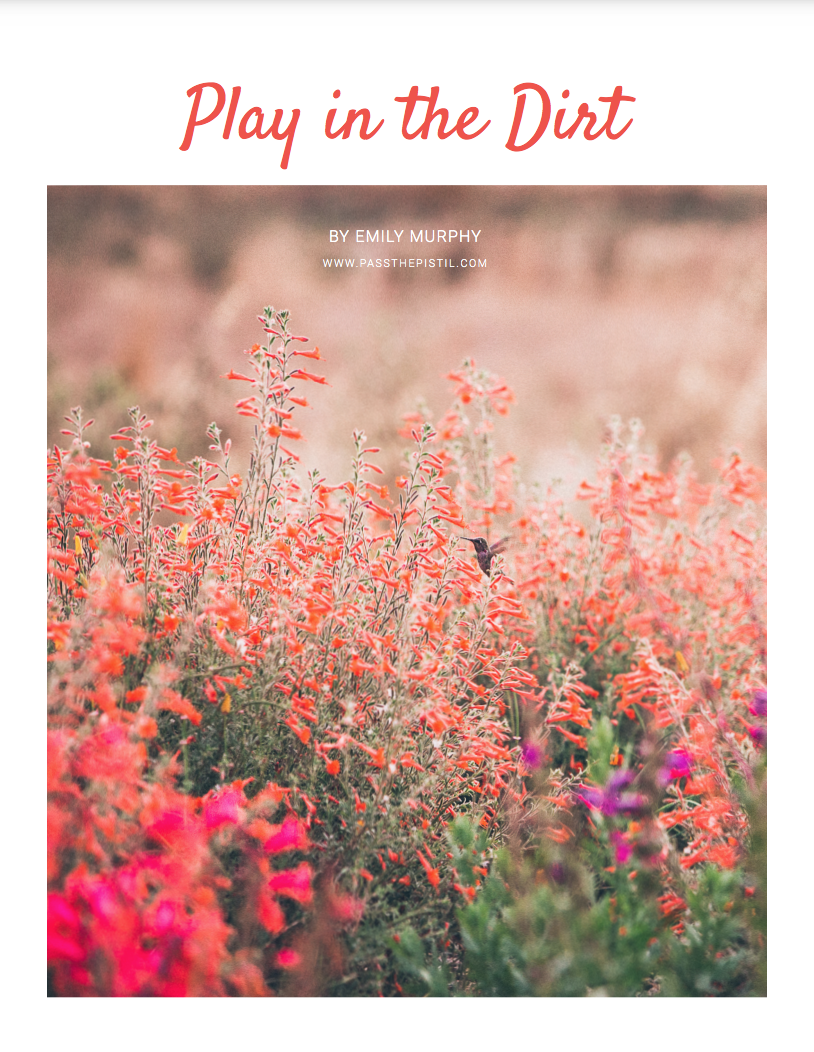Support Biodiversity with No-Dig Regenerative Gardening
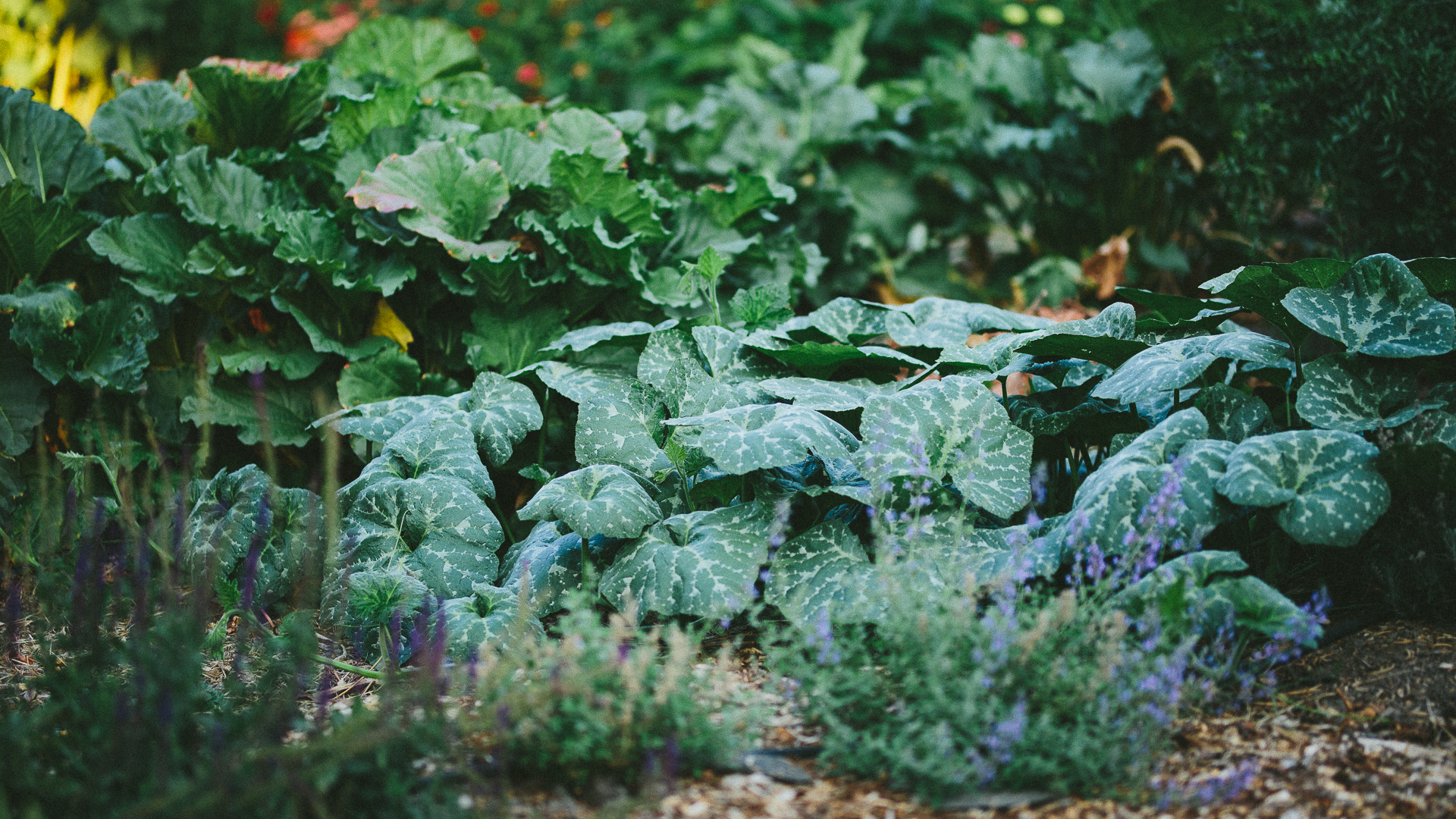
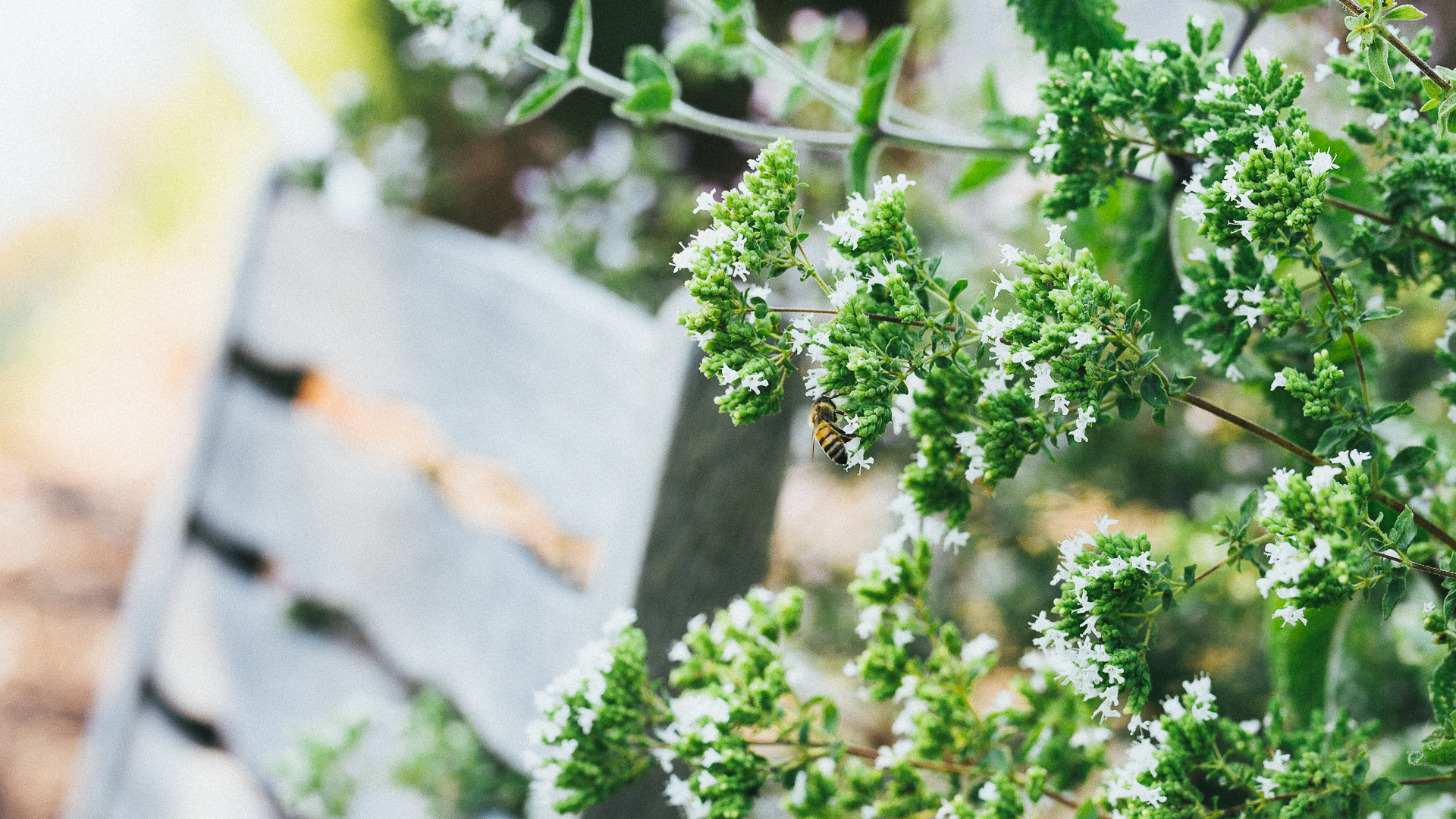
It’s possible to support biodiversity with no-dig, regenerative gardening.
According to a 2019 United Nations report, 1 million plant and animal species are threatened with extinction in the coming decades — it’s an unprecedented number! However, a number of surveys have found that our home gardens, community plots, and cityscapes have the power to support biodiversity and at-risk species such as pollinators — particularly when we grow with no-dig, regenerative techniques.
Start today.
Supplies Needed for a Successful No-Dig Regenerative Garden
- A place to grow. Containers, patio planters, raised beds, perennials borders, unused areas in your community like hell strips or abandoned lots, community gardens, and repurposed lawn are all excellent options.
- Compost. You can make your own or find a local compost maker. Look for compost made with organic, locally sourced materials that don’t have to travel too far to get from A to B.
- Plants! Grow them from seeds, starts, or cuttings. Consider setting up a plant swap, kind of like a lending library.
- A water source.
- *Optional – cardboard can be helpful too, especially if you’re planting in an area for the first time or you’re converting a lawn into a garden.

Basic Tennants of Regenerative, No-dig Gardening
- Take care of soil first. Check it out. What’s its condition? Most likely, you need to…
- Top dress with compost.
- Take a no-dig approach.
- Get living roots in the ground.
- Plant natives and perennials.
- Plant with biodiversity in mind.
- Grow organically. Avoid using harmful pesticides, herbicides, and synthetic fertilizers.
- Think like an ecosystem. Everything is connected.
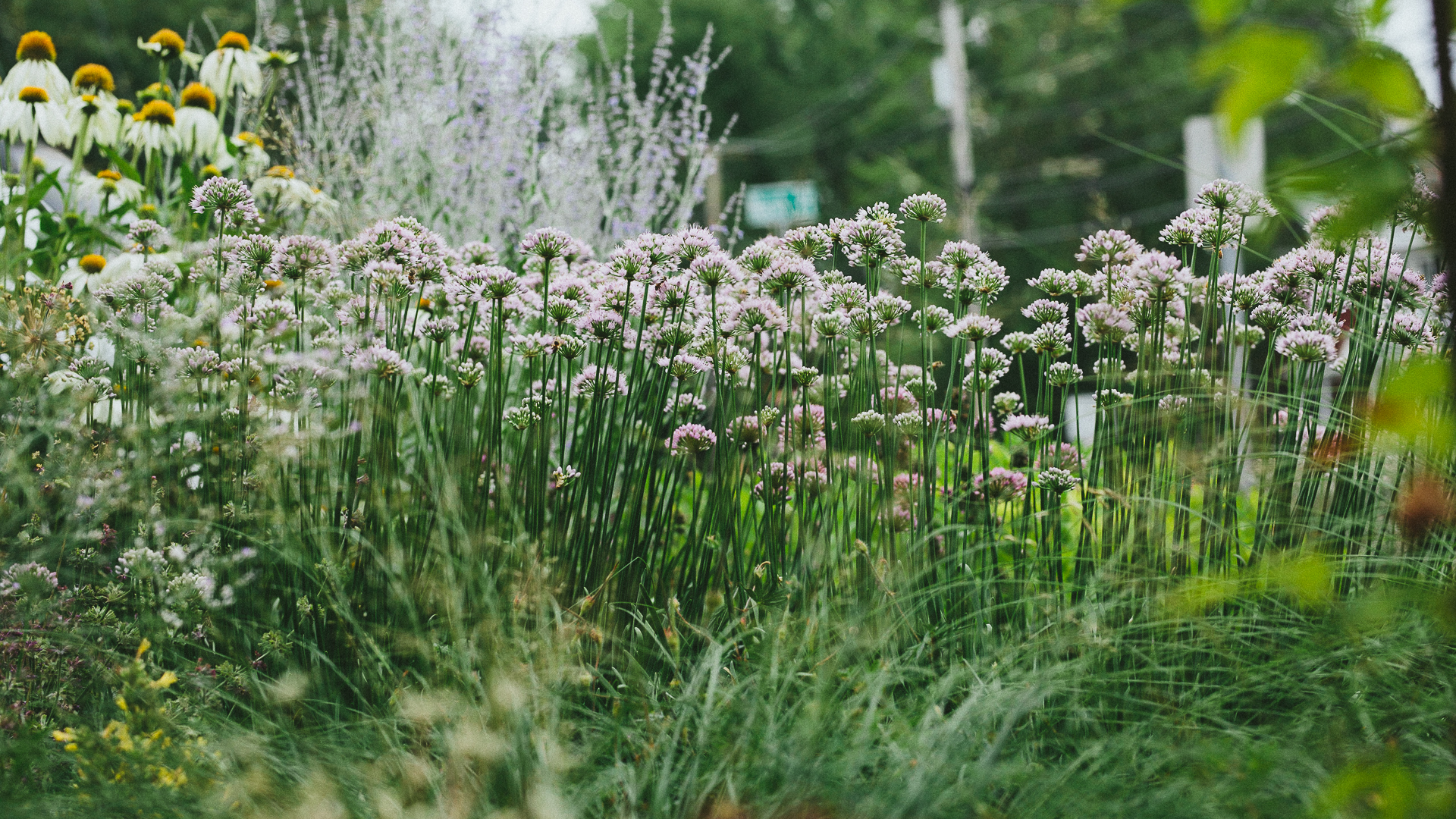
Hidden Connections of Nature
Remember your food web lessons from grade school? Perhaps your teacher gave worksheets, or you and your classmates were assigned an animal or plant and then asked to connect the dots, filling in lines (or connecting them with string) to demonstrate the relationships between living things and the greater world.
It’s pretty simple. The vast network of connectivity weaves our world together. The greater the points of connection, the greater the ecological richness. At the core of this richness are microbes — yep, microbes. They’re our hidden connection to nature. One could argue that they hold the world together.
Think Like an Ecosystem
Since the advent of the industrial revolution, we’ve witnessed an accelerated disassembling of nature. Urban infrastructure, natural resource extraction (including deforestation), and the conversion of greenbelts into farmland are some of the many culprits, slicing up our Earth pie into smaller and smaller bits. While these are the very things that make our lives as we live them possible, it’s time to step back and consider how we can do things differently. How can we grow more good and reassemble nature?
Start by thinking like an ecosystem. Connect the dots, increase connectivity, and bolster species richness by growing and regenerating resilient communities and a more resilient planet with no-dig, regenerative gardening techniques.
Finally, remember biodiversity begets biodiversity.
Look for my book releasing with Timber Press in February of 2022 for more on regenerative gardening to support biodiversity and mitigate the climate crisis.
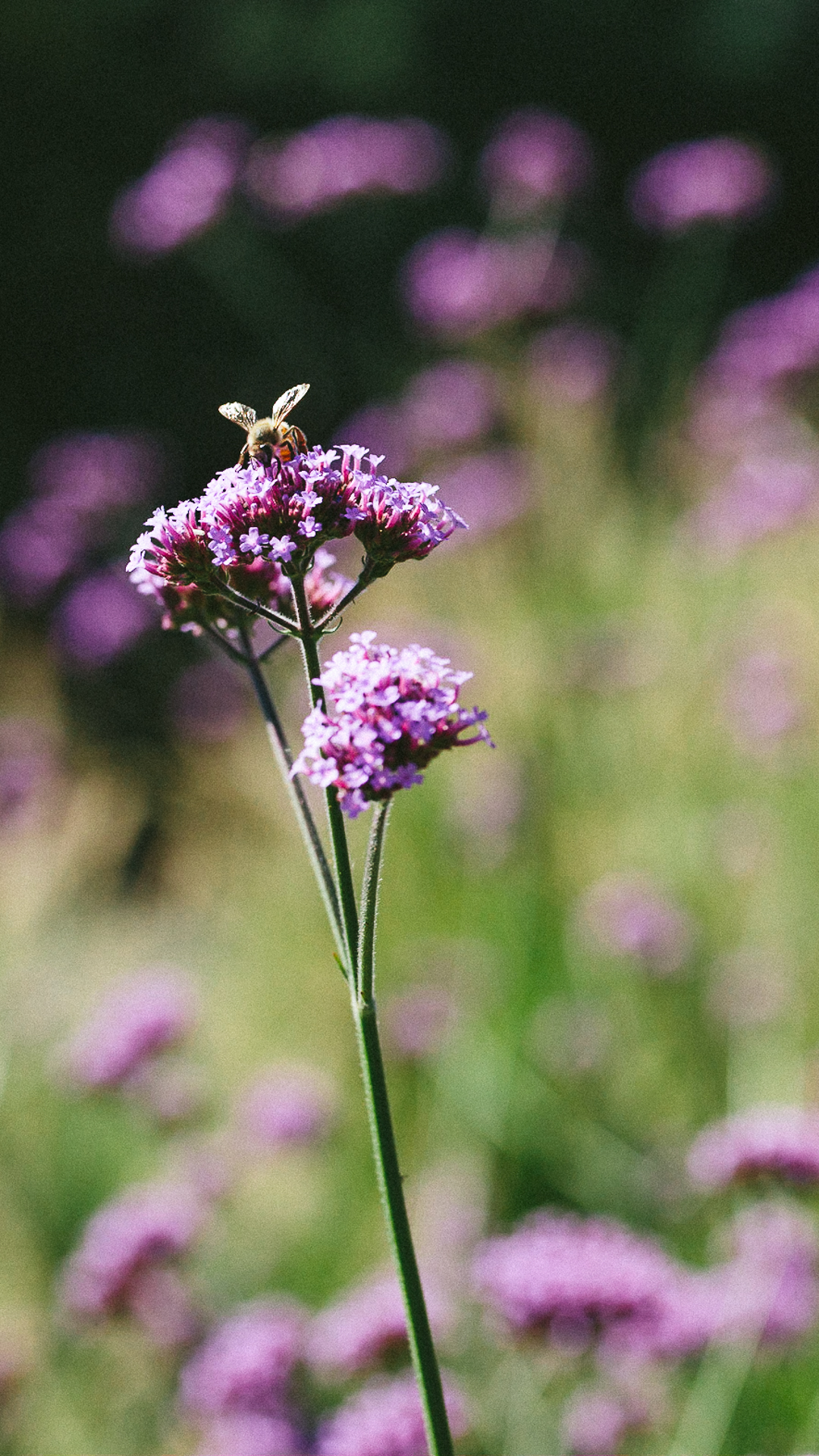
Other articles you might enjoy:
How Regenerative Gardening Works
Listen
Buy The Book
Special offers
Newsletter Signup
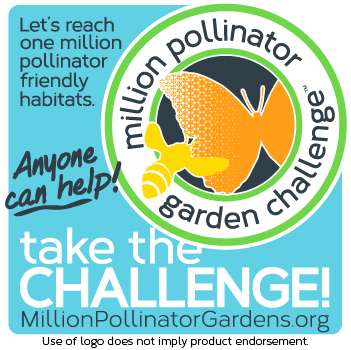
Archives
Disclosure
Pass The Pistil is a participant in the Amazon Services LLC Associates Program and other affiliate programs such as Etsy, affiliate advertising programs designed to provide a means for sites to earn fees by advertising and linking to curated affiliate sites.

